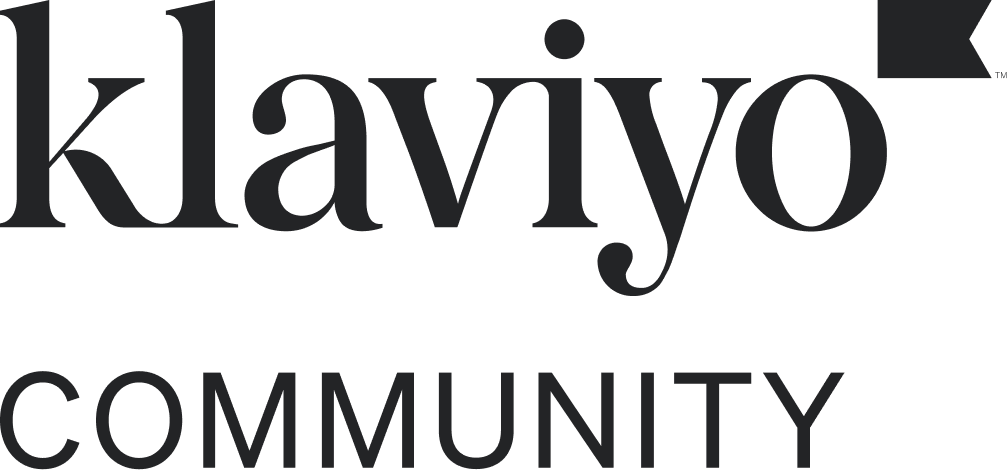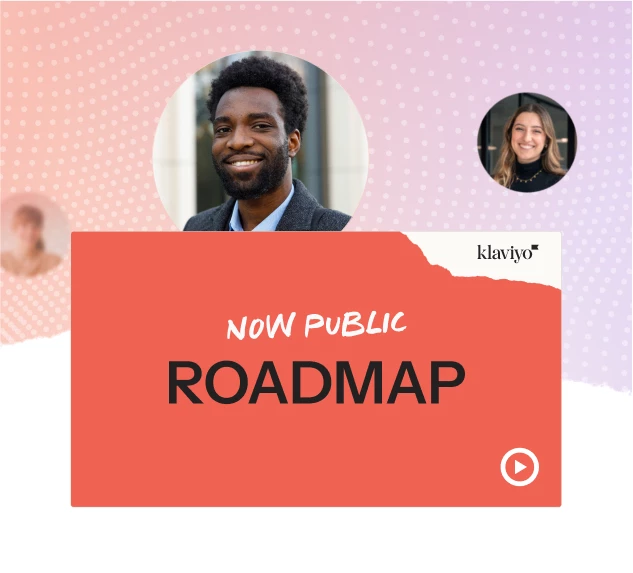Not exactly. OAuth doesn’t directly replace the API keys your customers provide to connect their Klaviyo accounts to your app.
Instead, it replaces the way your app authenticates and interacts with Klaviyo’s APIs on behalf of those customers. Historically, apps might have relied on customers providing private API keys (generated within their Klaviyo accounts) to enable your app to access their data and perform actions.
With OAuth, this process changes: your app will now use an OAuth flow to obtain access tokens and refresh tokens, eliminating the need for customers to manually share private API keys with you.
The private API keys your customers have provided will still work for now, as Klaviyo hasn’t fully deprecated them yet. However, Klaviyo is moving toward phasing out private API key-based authentication for partner apps in favor of OAuth, especially for those listed in the Integrations Directory.





